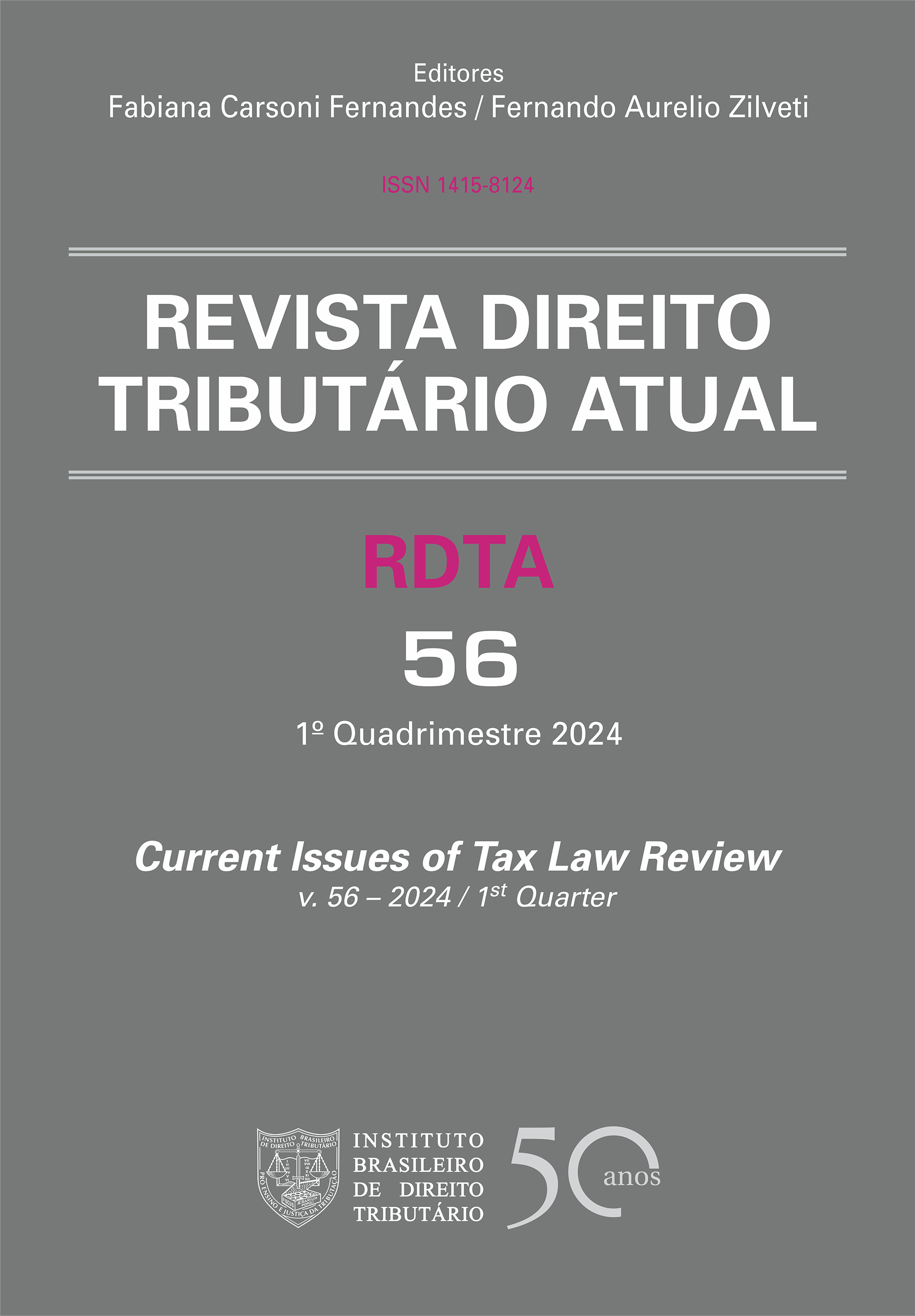Taxation and Inclusion of People with Disabilities
an Analysis in the Light of Rawls’ Theory of Justice as Fairness
DOI:
https://doi.org/10.46801/2595-6280.56.29.2024.2533Keywords:
taxation, inclusion, people with disabilities, equityAbstract
The purpose of this scientific article is to analyze the relationship between taxation and inclusion of people with disabilities based on John Rawls’ Theory of Justice as Equity. The study addresses the assumptions and principles of justice proposed by Rawls, and how they relate to the situation of people with disabilities. This is because one of the assumptions of Rawlsian theory is the original position in which members of society start from situations of equality. In fact, people with disabilities have more difficulty competing for jobs and positions in the private sector and in the public service. Given this, the text seeks to answer the question of how taxation can be used to ensure basic rights for people with disabilities, providing them with fair and equal treatment, considering the individual characteristics of this population. The relevance and justification of this study arise from the fact that people with disabilities still face several barriers to their full inclusion in society, whether in the job market, access to education, health, culture, among other aspects.
Published
How to Cite
Issue
Section
License
Copyright (c) 2024 Cleucio Santos Nunes, Darlan Henrique Lopes dos Santos

This work is licensed under a Creative Commons Attribution-NonCommercial-ShareAlike 4.0 International License.
O autor (ou coautor) declara que o artigo submetido à avaliação, que segue em anexo, é de sua autoria, e inédito, comprometendo-se a não publicar este artigo em qualquer outro meio, impresso ou digital, mantendo a exclusividade para a Revista Direito Tributário Internacional Atual, cedendo, em caso de aprovação do trabalho, os direitos autorais à Revista para fins de publicação do trabalho nesta edição.





